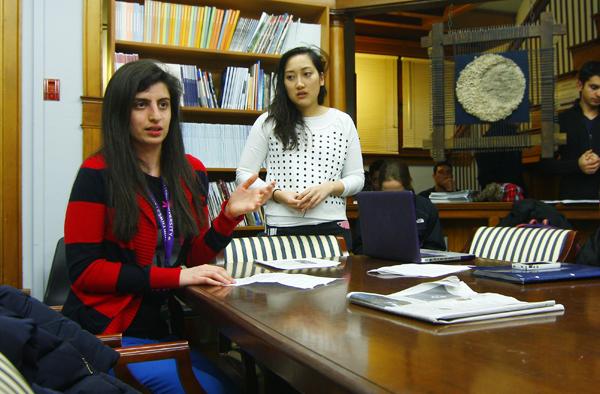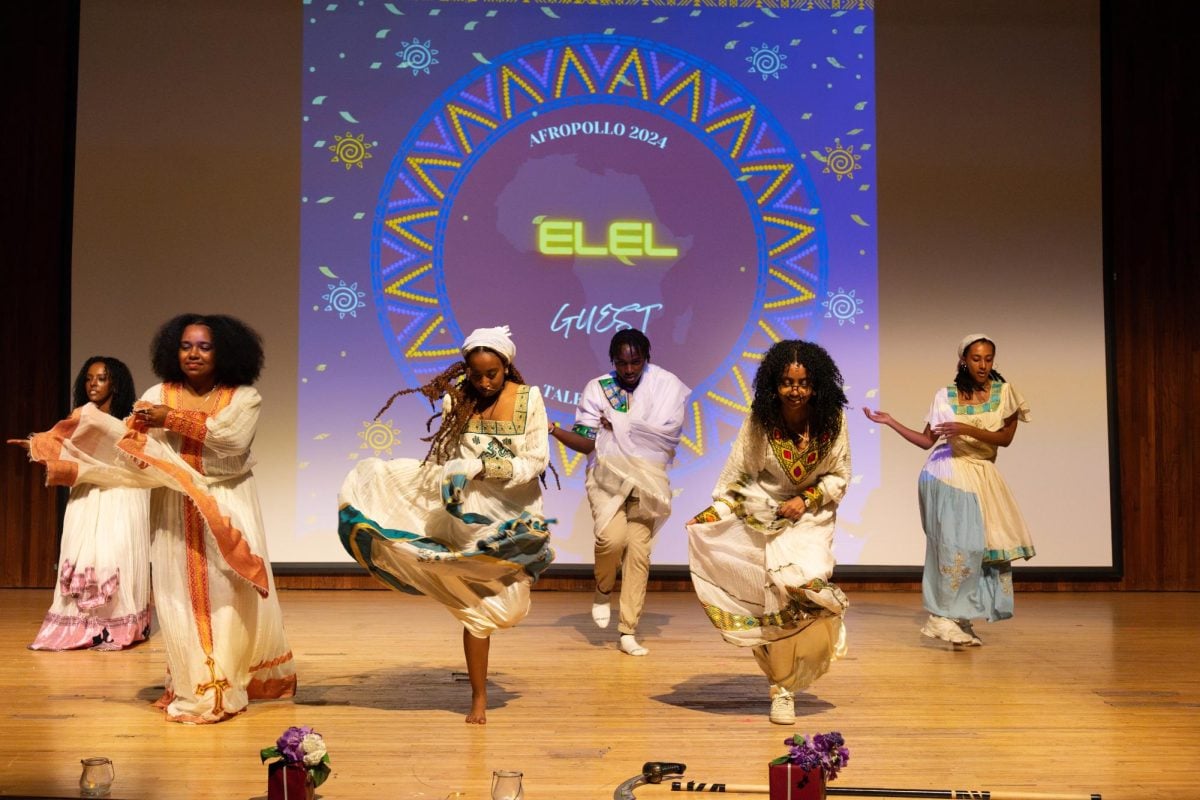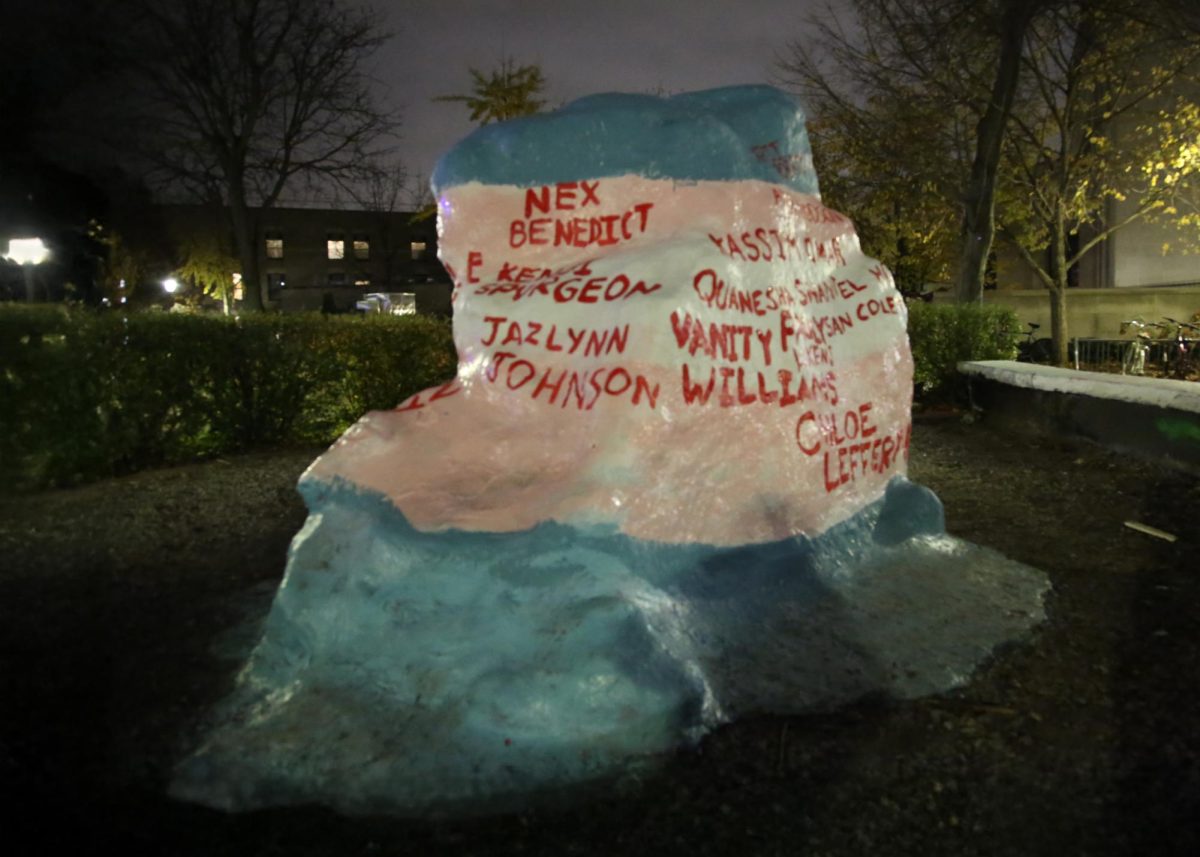
Participants in the International Student Association’s discussion, “Tackling Sexual Assault: Delhi’s Last Straw,” agreed awareness of rape is the first step to changing India’s culture of sexual violence against women.
“This notion that rape should humble a woman in India is very dangerous,” said Heba Hasan, a Medill senior who worked with rape victims in India. She spoke to the group of about 40 students at the Buffett Center on Wednesday and described the “rape culture” as “very ingrained in Indian culture.”
“Right now, the Indian government doesn’t have a structure in place to do anything,” Hasan said.
She added women who go to the police are often ignored, mocked or even raped again.
“Indians are tired of mothers and daughters being raped,” Hasan said, noting that they are now protesting the government’s lack of action.
The ISA’s Global Engagement Committee hosted the discussion, part of the monthly Food For Thought series, in response to protests over the brutal gang rape of an Indian medical student that occurred in December in Delhi.
“We’re trying to engage Northwestern students with what’s going on in the news,” Weinberg sophomore Lara Saldanha, the Global Engagement Committee chair, said. “At this point, we’re trying to create a sense of awareness.”
Students said awareness of rape is the first step to ending sex crimes, both in India and in the U.S.
“Sexual assault is a big topic here, too,” said McCormick sophomore Nicha Ruchirawat, a member of the ISA’s Cultural Affairs Committee.
She said rape is a topic people often overlook or don’t report, particularly on college campuses.
“It’s a human race issue, so I think everyone around the world should be thinking about it,” Weinberg sophomore Christian Keeve said. “People don’t really look beyond our borders, and it’s important to.”
According to Hasan, several factors are responsible for indifference to rape in India. Police inaction and government indifference prevent women from telling their families about the assaults. The media glorifies so-called “honor killings” of female family members who have illicit relationships. Movies feature women and girls who narrowly escape rapes and are humbled by their experiences.
Participants also discussed solutions to the prevalence of rape in India. Suggestions included harsher penalties for sex crimes, improvements to India’s police force and better sex education. But participants generally agreed that a shift in culture is most necessary to solving the problem.
But the death of the victim in the December gang rape in Delhi has spurred protests across India, which students said is a necessary step toward cultural change.
Julia Azarcon, a member of the ISA’s Global Engagement Committee, said awareness among NU students is just as important to ending rape as awareness among Indians.
“It’s good for Northwestern students to have a more worldly view because of how interconnected our world is,” the Weinberg freshman said.












